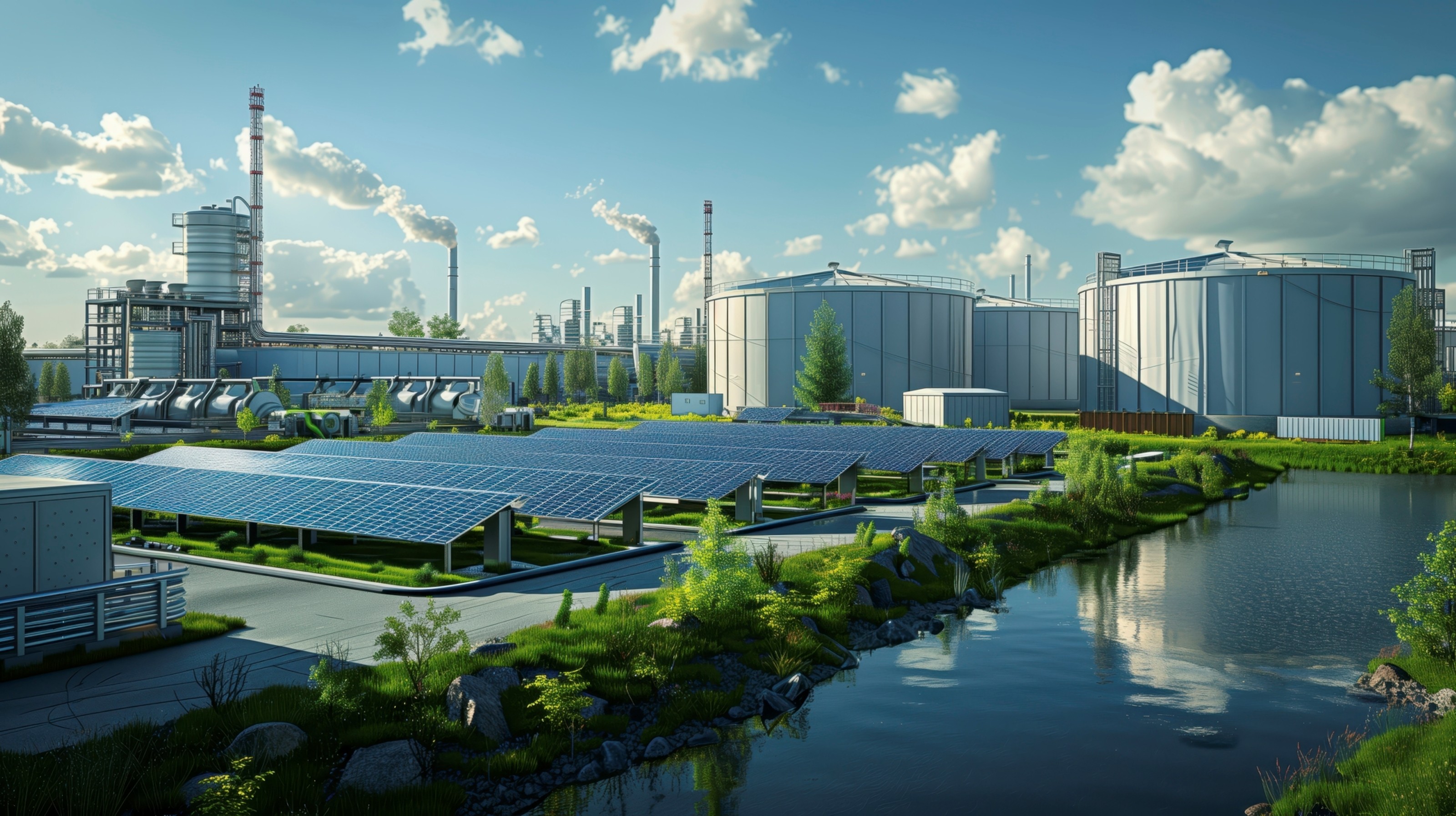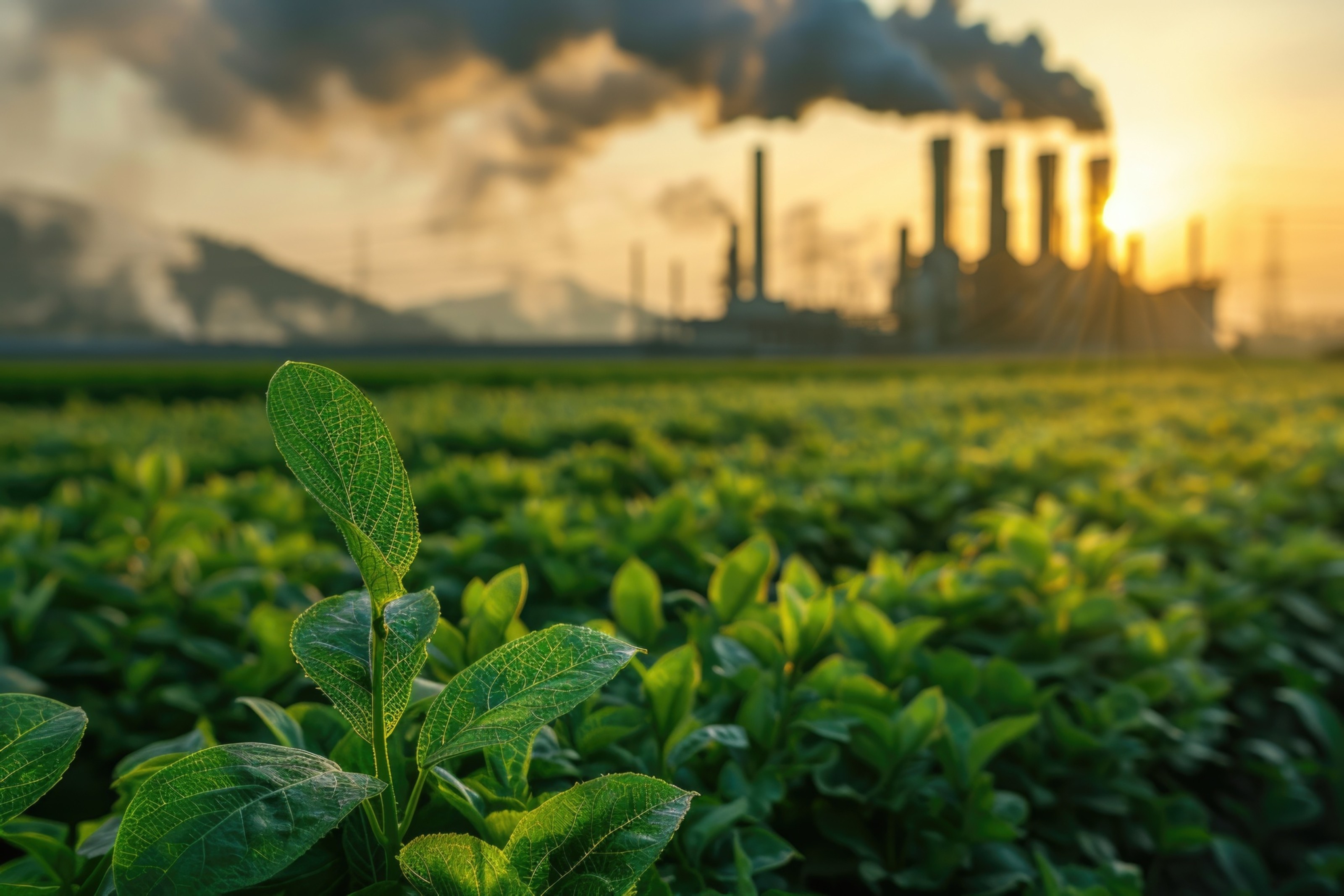Industrial Automation and Sustainability: Driving a Responsible Future
4 oct 2024

Industrial automation is a rapidly growing trend, transforming how companies operate in today’s modern world. As businesses seek to optimize production processes, increase efficiency, and reduce costs, there is a pressing need to approach these improvements from a sustainable perspective. In this blog post, we explore the relationship between industrial automation and sustainability, highlighting how this combination can lead to a responsible and environmentally friendly future.
What is Industrial Automation?
Industrial automation refers to the implementation of advanced technology and systems to control and operate production processes in industrial environments. Through the use of machinery, robots, and specialized software, tasks that previously required human intervention are performed autonomously, improving the speed, precision, and reliability of operations.
The fundamental purpose of automation is to increase efficiency, minimize human error, and reduce costs. Companies that embrace automation achieve greater competitiveness, responding more effectively to market demands and adapting quickly to technological advancements.
Benefits of Industrial Automation
Automation not only transforms production but also offers multiple benefits:
Increased efficiency: By operating continuously and precisely, automated systems optimize production time and reduce human errors.
Resource optimization: Automation allows for the efficient use of energy and materials, minimizing waste and enhancing productivity.
Cost reduction: By decreasing reliance on intensive labor and optimizing material usage, companies can significantly save on operating expenses.
Improved workplace safety: Automated systems take over dangerous tasks, protecting workers and reducing accident risks.
Higher quality: Automation ensures consistency and precision in processes, resulting in higher-quality products.

Industrial Automation and Sustainability
Industrial automation plays a crucial role in building a more sustainable and environmentally responsible future. Key aspects include:
Reducing resource consumption: Automation optimizes the use of energy, water, and raw materials, lowering carbon footprints and minimizing the environmental impact of industrial operations. Automated systems adjust resource usage based on real-time needs, eliminating unnecessary waste.
Energy efficiency: Automation is essential in managing renewable energies. Systems can integrate clean energy sources, such as solar or wind, adjusting production based on demand while improving the maintenance of these systems to extend their operational life.
Waste minimization: Automation helps reduce waste generated during production processes. By enhancing precision and preventing errors, it minimizes the need for rework, cutting down material consumption and industrial waste.
Sustainable logistics: Automation has revolutionized transportation and logistics, optimizing routes and reducing fuel consumption. It has also driven the development of electric and autonomous vehicles, which are more sustainable and have a lower environmental impact.
Precision agriculture: In the agricultural sector, automation has enabled the implementation of automated irrigation systems and drones for crop monitoring. This not only optimizes water and chemical use but also reduces deforestation and protects natural ecosystems.
Toward a Sustainable Future
The combination of industrial automation and sustainability not only improves operational efficiency but also encourages companies to be more environmentally responsible. Through process optimization, adoption of renewable energies, and waste reduction, businesses can lower their environmental impact and move toward a greener future.
Commitment to sustainable practices and the use of advanced technology not only benefits the environment but also enhances competitiveness and ensures long-term business viability. In a world increasingly aware of environmental challenges, industrial automation becomes an indispensable ally in creating a more responsible future.
Sources:
Iobi Blog. "Industrial Automation and Sustainability: A Responsible Future." Retrieved from: https://iobi.es/2023/06/20/automatizacion-industrial-y-sostenibilidad-un-futuro-responsable
MICR-SAI. "Automation and its Environmental Impact." Retrieved from: https://micr-sai.com.mx/la-automatizacion-y-su-impacto-ambiental